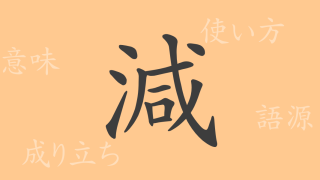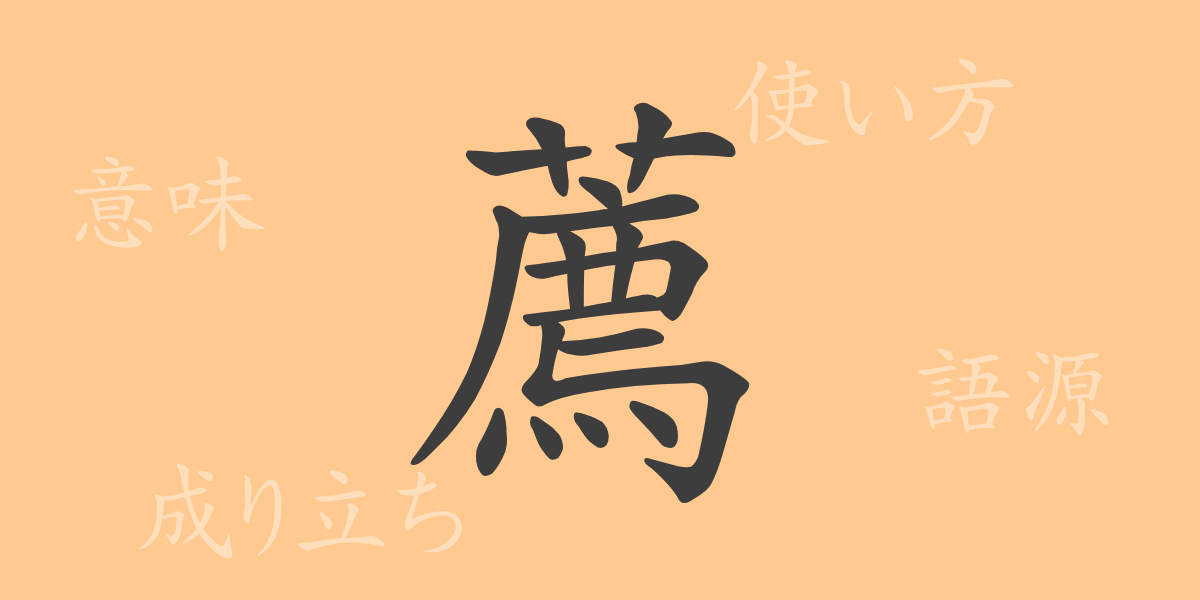Japanese language is known for its ability to delicately express emotions and scenery, supported by a multitude of kanji, each with its own history and meaning. Among these, the commonly used kanji “薦” (せん) is deeply ingrained in our daily lives, symbolizing acts such as recommendation and endorsement. This article delves into the allure of “薦,” exploring its origins, meanings, usages, and related phrases and idioms.
Origins of 薦
The kanji “薦” originated from ancient China. It is composed of “艸” (くさかんむり), representing grass, “示” symbolizing to show, and “⺼” (にくづき), meaning meat. Traditionally, grass and meat were offered to deities during rituals, and from these offerings, the act of recommending, or “推薦” (すいせん), derived its meaning.
Meaning and Usage of 薦
“薦” primarily means “to recommend” or “to endorse.” It is frequently used to suggest a person or thing as worthy to others. “推薦” (すいせん) refers specifically to recommending something or someone considered good. The verb form “薦める” (すすめる) is also commonly used.
Readings, Stroke Count, and Radical of 薦
The kanji “薦” holds various pieces of information:
- Readings: On’yomi “セン”, Kun’yomi “すす.める”
- Stroke Count: 16 strokes
- Radical: “艸” (くさかんむり), associated with plants and grass
Phrases, Idioms, and Proverbs Using 薦
There are numerous phrases and idioms involving “薦,” each carrying unique meanings:
- 推薦 (すいせん): Recommending a person or thing to others as good.
- 薦職 (せんしょく): Recommending someone for a position.
- 薦挙 (せんきょ): The act of recommending a person.
- 布薦 (ふせん): Historically, grass offered to deities, now also means to recommend.
These phrases and idioms are used in social contexts to recommend others or set standards for selecting people.
Conclusion on 薦
The kanji “薦” has continued to symbolize the act of recommending or endorsing from its origins to modern times. Through “薦,” we recognize and convey the worth of people and things. Understanding idioms and phrases involving “薦” allows us to appreciate the depth of expression in Japanese. It is hoped that this article serves as a helpful resource in deepening your understanding of the kanji “薦.”

























